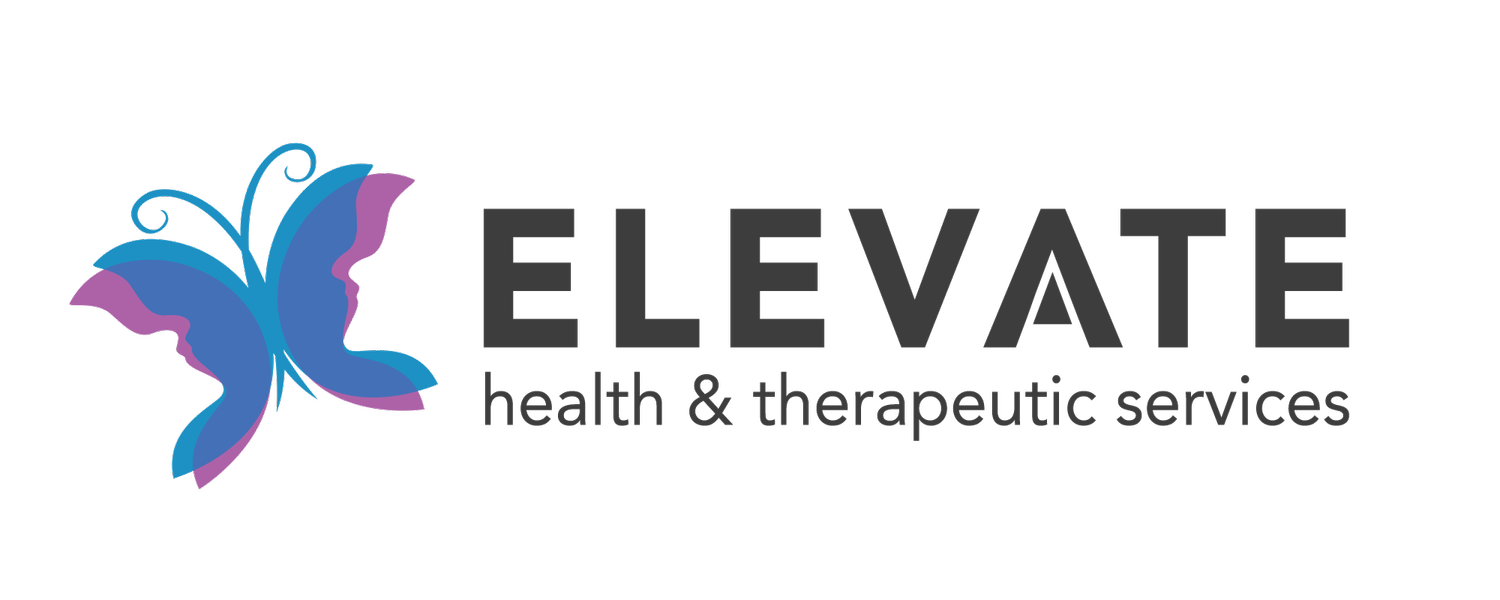Audiology
Comprehensive Hearing Assessment
What to Expect During a Hearing Assessment
At Elevate Health & Therapeutic Services, we want every person and every family to feel comfortable and informed about the hearing assessment process. Whether you’re bringing your child or coming in for your own appointment, here’s what you can expect:
1. Warm Welcome & Case History
We start by getting to know you (or your child). Our audiologist will ask about:
Medical and ear health history
Speech, language, and learning development (for children)
Current concerns, symptoms, or communication challenges
This helps us tailor the assessment to your unique needs.
3. Hearing Tests
The exact tests depend on age, comfort, and ability to respond. Common assessments include:
Pure-Tone Audiometry: Listening for soft beeps or tones through headphones and raising a hand or pressing a button when you hear them.
Speech Testing: Repeating words at different volumes to see how clearly speech is understood.
Play Audiometry (for young children): Turning listening into a fun game—like putting a block in a bucket when they hear a sound.
Visual Reinforcement Audiometry (for infants/toddlers): Watching for head-turns toward sounds paired with a light-up toy.
Tympanometry & Middle Ear Testing: Checking eardrum movement to detect fluid, pressure changes, or middle ear issues.
2. Ear Examination (Otoscopy)
The audiologist will gently look inside the ear using a small light to check for:
Wax build-up
Infection
Fluid behind the eardrum
Any visible concerns that may affect hearing
4. Review of Results
After testing, the audiologist explains the results in clear, easy-to-understand terms:
How well sounds are being heard
Whether there are any hearing losses or middle ear concerns
What type of hearing loss (if any) is present
You’ll see your results on an audiogram (a graph of your hearing) and have time to ask questions.
5. Next Steps & Recommendations
Based on the results, we’ll discuss:
If hearing is within normal limits—great! We’ll recommend routine monitoring.
If concerns are found, we’ll outline options such as medical referral, hearing aids, or school/therapy collaboration.
Practical strategies to support communication at home, work, or school.
Our Promise
Our assessments are gentle, child-friendly when needed, and family-centered. We focus not only on hearing levels, but also on how hearing affects everyday communication and quality of life.
Because hearing well means connecting fully.

